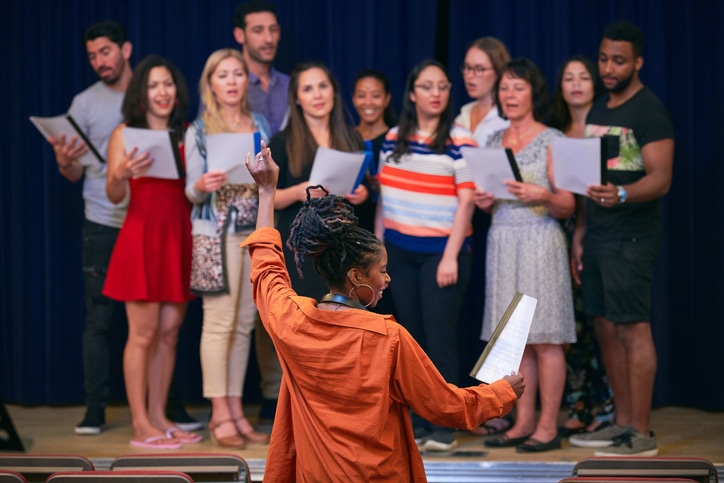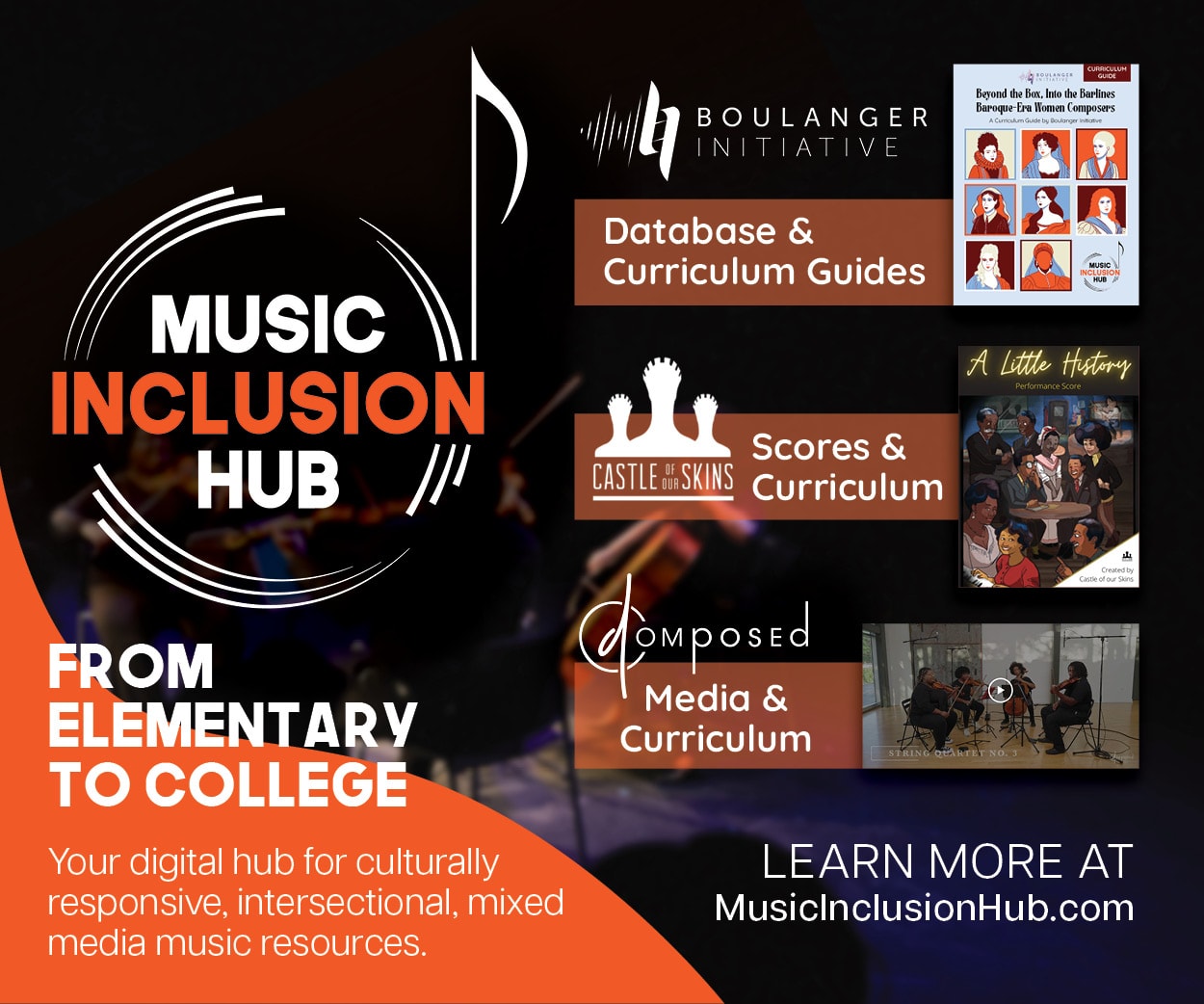April 18, 2024
Lessen your Load while Inspiring Future Music Educators!
April 16, 2024
Kodály, Orff, and Dalcroze: A Who’s Who and What’s What
April 18, 2024
Lessen your Load while Inspiring Future Music Educators!
April 16, 2024
Kodály, Orff, and Dalcroze: A Who’s Who and What’s What
April 11, 2024
Jazz Teaching Tips for Classrooms and Ensembles
April 9, 2024
Happy Birthday, World!
April 4, 2024
Turn the Lights Back On
March 26, 2024
How to Keep Music in Our Schools
Subscribe to NAfME Notes
Subscribe to NAfME Notes, our biweekly e-newsletter, to receive highlights from the blog and other NAfME news in your inbox.

Write for the NAfME Blog
Interested in sharing your experience with the music education community via the NAfME Blog? NAfME welcomes pitches from current members. View Blog Guidelines and submit your idea online.
Would you like to reprint an article? See our Reprint Permission Requirements.















